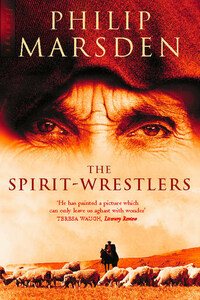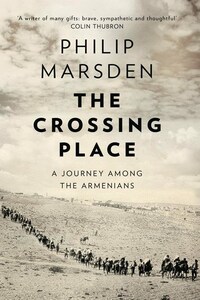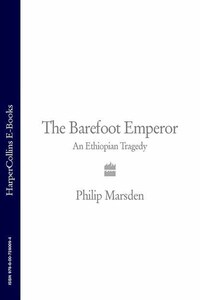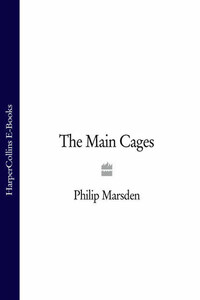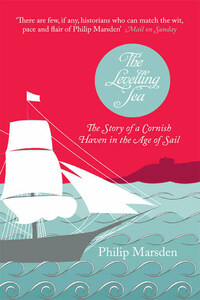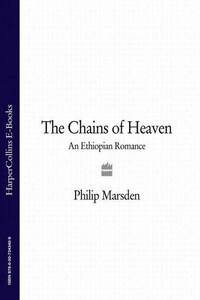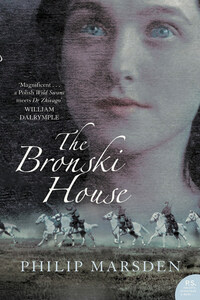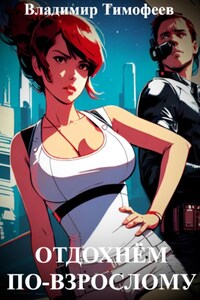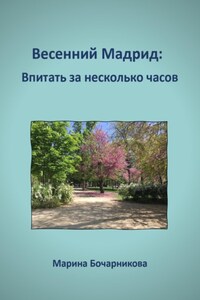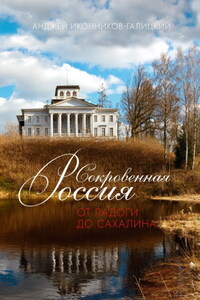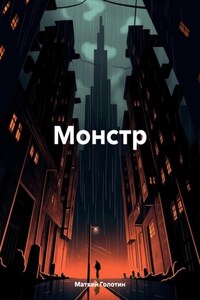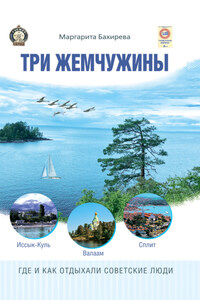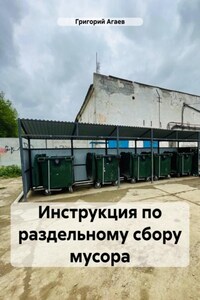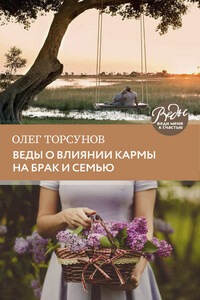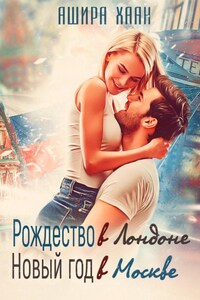Cover
Title Page
PRELUDE: A WINTER IN MOSCOW
PART 1 Steppe
The Victorious Tractor
Kolkhoz Lenina
How to Build a Church in One Night
A Little Miracle
The Coming of Allah and the KGB
Solzhenitsyn and the Trousers of Prince Vaja
The Death of Kuzma Alekseyevich
PART II Mountain
The True Meaning of the Stag
The Forests of Romantika
A Cossack Wedding
A Short History of Vodka
Only the Malformed Need Wear Clothes
Puppets for Peace
Pushkin and the Old People
School No. 5
Rabbit Samvel and the Yezidi
Of Pearls and Peacocks
Tolstoyâs Grave
GLOSSARY
Further reviews for The Spirit-Wrestlers:
About the Author
By the same author
Copyright
About the Publisher
For the best part of one post-Soviet Moscow winter I travelled in to the Lenin Library and read stories of Cossacks and Old Believers and plotted a journey to the south.
It was a long winter. Over the months it drained the colour from the cityâs public face â from the fur-coated bundles on the metro trains, the ranks of anonymous buildings, the milky skies. The only exception was upriver from the Lenin Library where a host of orange hard-hats swarmed over the reconstruction of the cathedral.
Of that improbable building, nothing had existed until New Yearâs Day when the Patriarch of Moscow and All The Russias, Aleksei II, bent his patriarchal back and laid the first stone. Originally the cathedral had been built to commemorate Russiaâs victory over Napoleonâs Grande Armee and dedicated to he whom they had most to thank: Christ the Saviour. It had been a vast building, big enough for ten thousand worshippers. But in 1931 Stalin dynamited it to make room for his Palace of the Soviets. The palace was to be thirteen hundred feet high, topped by a statue of Lenin so large that even his index finger would be nineteen feet long â until the planners realised the clay beneath would not support such a structure. An open-air swimming-pool was put there instead.
For reasons I could not fathom, the Lenin Library issued me with a readerâs card usually reserved for eminent professors and high-ranking government officials. The card gave me access to Zal no. 1, where pallid scholars sat all day hunched over volumes from which they never looked up. They never noticed, therefore, the little marks of privilege that distinguished Zal no. 1 from all the other zals â the succulents and ferns on top of each desk, the bun-haired woman who watered them, or the billows of pink curtains which bordered thirty-foot-high windows. Too much of my time, however, was spent gazing out of those windows at the golden cupolas of the Kremlin, and out beyond them to the factory chimneys which leaked streams of grey smoke into the grey sky.
In September 1812, Napoleon Bonaparte stood at the Kremlin windows. He was gazing out at the city he had conquered. It was ablaze. Whole quarters were subsiding beneath flames which had been ignited by the Russians themselves. He saw at once that the fire was the âherald of great disastersâ.
âWhat extraordinary resolve!â he muttered. âWhat men! These are Scythians!â
The emperor knew the passage in Book IV of Herodotusâs Histories in which the Scythians defeat the Persians by drawing the enemy back into their own territory, then destroying everything.
But talk of Russians and Scythians put me on my guard. It filled me with the suspicion Iâd reserved for glib phrases like âAsiatic crueltyâ and âthe Slavic soulâ. Pitfalls for outsiders, I concluded, and steering round them, aimed for the dissenters and misfits of the Russian fringe.
There, by chance, I stumbled on a mystical movement known as Scythianism. Instigated at the time of the Revolution, it counted Aleksandr Blok among its devotees, and in his poem âScythiansâ he wrote: âYes, we are Scythians! Yes, we are Asiatics â¦/Russia is a sphinx, triumphant and mournful.â
Several years earlier, I had been to St Petersburg for the first time. It was mid-summer and the air was thick with flies. The cityâs benign grid of canals, its cliff-like façades, its by-the-yard classicism left me unmoved. Only in the collection of Scythian gold in the Hermitage was there any sense of the vigour which Peterâs capital so lacked. The collection had been gathered -largely by looting Cossacks â from graves in the Ukraine and the south of Russia. At the time I had looked at it with awe, at those miraculous curled-up Scythian wolves, the running golden stags, all the fluency and ease of the animal style, and saw no relevance at all to the present. But after reading Blok, I refiled those Scythian beasts with the things about the Russian winter that were conspiring to send me south.
